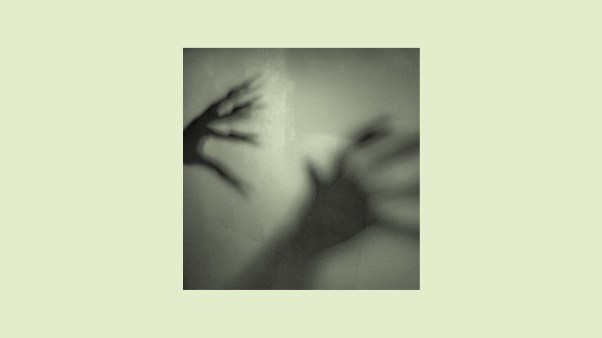Cinema
Monsignor
A Frank Perry film;
Twentieth Century-Fox
Monsignor is a film with a confession: Hollywood cannot yet make engaging films about either religious themes or people. Last year’s Chariots of Fire (British) showed that it is possible to explore cinematically the subject of spirituality, and it stirred hopes of similar films to follow. Monsignor is not one of them.
We never learn why Father Flaherty (Christopher Reeve) becomes a priest—certainly a legitimate question for the central character. As a chaplain in World War II, he risks his life to administer last rites to a dying soldier, then opens fire on advancing Nazis. This deed attracts the attention of American officials in the Vatican, although Flaherty exhibits a Mennonite-like angst (“Forgive me, I have killed for my country”). Once installed in Rome he turns into a wheeling, dealing, fornicating mafioso in gaiters; a half-souled kingpin in a nefarious army-Mafia-Vatican axis who continues to exude charm and recite Latin well.
Similarly, the promiscuous postulant (Genevieve Bujold) with whom Flaherty becomes romantically involved remains mostly an enigma. Their meeting is utterly contrived and their potentially interesting relationship is left undeveloped. Flaherty hides the fact that he is a priest, but admits he has a “secret.” When she demands to know, the result is an unintentionally funny Lois Lane-Clark Kent confrontation not lost on audiences. None of this is the fault of Reeve or Bujold; the former is miscast, and the latter is wasted in this film.
What remains is a hopelessly muddled plot, lightly sprinkled with nudity and violence, which alternately slogs through cliché-ridden scenes in the innards of the Vatican or leaps from Rome to Sicily to New York before petering out into nothing after two hours. The cardinals and pope (portrayed like a senile E.T.) are mere costume epic figures. As a war-time period piece, the film fails to convince. Monsignor deserves quick excommunication from theaters. Audiences who want to see religious characters—even in their failings—thoroughly and honestly portrayed will have to wait.
Reviewed by Lloyd Billingsley, a writer living in Southern California.










